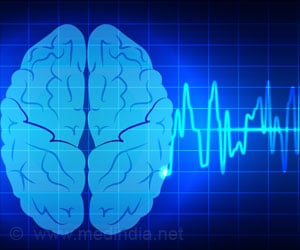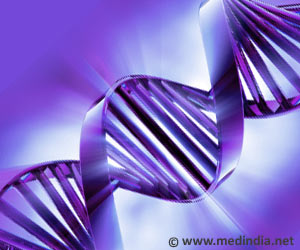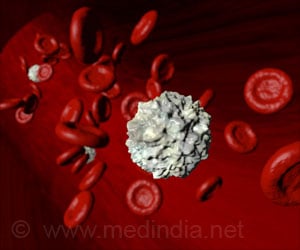Constructing bacteria to become drug resistant only when they took up DNA containing cancer-associated changes, could be useful in detecting cancer.
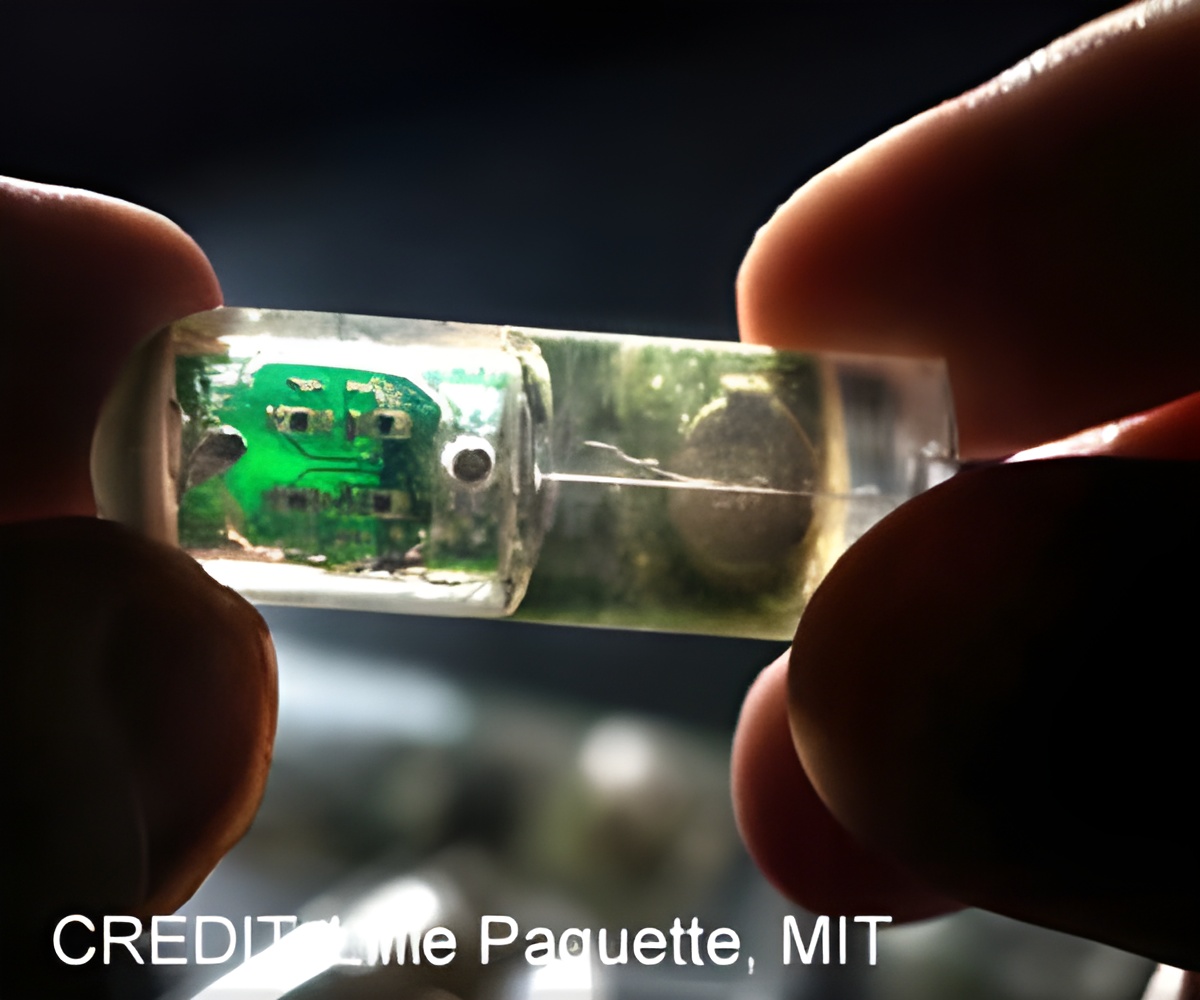
TOP INSIGHT
Researchers have now engineered a species of bacteria to detect specific changes in human DNA related to cancer.#CancerDiagnosis #BioSensors #BacterialGene
Prospect of bacteria for tumor diagnosis and treatment
Go to source). The new “Cellular Assay for Targeted CRISPR-discriminated Horizontal gene transfer,” or “CATCH,” was designed to do just that.
The detection of gastrointestinal cancers and precancerous lesions is an attractive clinical opportunity to apply this invention.
Cancers are known to disperse, or shed, their DNA into the environments surrounding them. Many technologies can analyze purified DNA in the lab, but these cannot detect DNA where it is released.
Genetically Modified Bacteria: New Tool for Cancer Detection
Under the CATCH strategy, the researchers engineered bacteria using CRISPR technology to test free-floating DNA sequences on a genomic level and compare those samples with predetermined cancer sequences (2✔ ✔Trusted SourceEngineered bacteria detect tumor DNA
Go to source).
Researchers collaborated on the idea of natural competence concerning bacteria and colorectal cancer, the third-leading cause of cancer-related death in the United States.
They began to formulate the possibility of engineering bacteria, which are already prevalent in the colon, as new biosensors that could be deployed inside the gut to detect DNA released from colorectal tumors. They focused on Acinetobacter baylyi, a bacterium that identified the elements necessary for both taking up DNA and using CRISPR to analyze it.
Researchers designed, built, and tested Acinetobacter baylyi as a sensor for identifying DNA from KRAS, a gene that is mutated in many cancers. They programmed the bacterium with a CRISPR system designed to discriminate mutants from normal (non-mutated) copies of KRAS.
The new research is based on previous ideas related to horizontal gene transfer, a technique used by organisms to move genetic material between one another in a manner distinct from traditional parent-to-offspring genetic inheritance.
While horizontal gene transfer is widely known from bacteria to bacteria, the researchers achieved their goal of applying this concept from mammalian tumors and human cells to bacteria. The mice with tumors grew green bacterial colonies that had acquired the ability to grow on antibiotic plates (3✔ ✔Trusted Source
The Use of Bacteria in Cancer Treatment: A Review from the Perspective of Cellular Microbiology
Go to source).
Researchers are now adapting their bacteria biosensor strategy with new circuits and different types of bacteria for detecting and treating human cancers and infections. There is so much potential to engineer bacteria to prevent colorectal cancer, a tumor that is immersed in a stream of bacteria, that could help, or hinder, its progression.
The disease will be treated and prevented by cells, not pills. A living bacterium that can detect DNA in the gut is a tremendous opportunity to act as a sentinel to seek and destroy gastrointestinal, and many other, cancers.
There’s a future where nobody needs to die of colorectal cancer. They hope that this work will be useful to bioengineers, scientists, and, in the future, clinicians, in pursuit of this goal.
References:
- Prospect of bacteria for tumor diagnosis and treatment - (https://www.sciencedirect.com/science/article/abs/pii/S0024320522009158?via%3Dihub)
- Engineered bacteria detect tumor DNA - (https://www.science.org/doi/10.1126/science.adf3974)
- The Use of Bacteria in Cancer Treatment: A Review from the Perspective of Cellular Microbiology - (https://www.hindawi.com/journals/emi/2022/8127137/)
Source-Eurekalert
 MEDINDIA
MEDINDIA


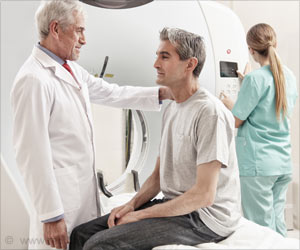
 Email
Email








